New Energy Insights Blog
-2.webp)
The State of Solar and Wind Development: Insights from Infocast's Mountain West Renewables Conference
By: Nick Kerwin
At this year's Infocast Mountain West Renewables conference, New Energy Equity's Project Acquisition Director, Nick Kerwin, joined fellow renewable energy experts on a panel discussion titled "The State of Solar and Wind Development." Sharing valuable insights and expertise, Kerwin and his fellow panelists addressed critical aspects shaping the renewable energy landscape. Here's a recap of some of the key takeaways discussed during the panel:
Impacts of the Investment Tax Credits (IRA) on Development
The panel began by discussing the evolving landscape influenced by the Investment Tax Credits. For example:
- There has been a shift in focus towards finding Energy Communities when seeking land for potential development.
- Low to Moderate Income (LMI) eligibility is now making previously unfeasible projects viable.
- The challenges stemming from the slow rollout of IRA rules and regulations are underscoring the industry's collective desire for certainty in navigating investment criteria.
De-risking the Supply Chain
Turning the discussion toward the supply chain, the panel collectively acknowledged improvements but underscored the importance of robust logistics. Kerwin advocated for longer-term planning, less scenario analysis to ensure the timely acquisition of essential components, and acknowledged that suppliers were forcing less attractive payment terms to ensure timely delivery. The entire panel agreed that by effectively de-risking the supply chain, the industry can enhance its resilience and adaptability.
Effects of Raising Interest Rates on Projects
In a candid assessment, Kerwin discussed the impact of rising interest rates on renewable energy projects. He expressed that "the tide is going out," revealing which companies are ill-prepared for the changing financial landscape. The panel discussed the importance of using both levered and unlevered Internal Rate of Return (IRR), noting that companies achieving this balance are better positioned to minimize exposure to riskier assets.
Leveraging Relationship Dynamics for Success
One of the panel's highlights was Kerwin's insights into optimizing relationships between developers, utilities, and local governments. Focusing on Low to Moderate Income (LMI) community solar projects, he presented a compelling case for collaboration. These projects create a win-win-win-win scenario: benefiting local communities, saving money for the ratepayers in most need, proving profitable projects for developers, and enhancing the public relations image for utilities.
DG vs. Utility Scale Development: The All-of-the-Above Strategy
The panel concluded with a discussion on the future trajectory of solar and wind development, specifically in terms of Distributed Generation (DG) versus Utility Scale projects. While other panelists favored utility scale development, Kerwin championed an "all-of-the-above" strategy. He argued that DG would play a critical role in the transition to a renewable-powered grid, underscoring the importance of diversity in the energy mix.
A special thank you to the Infocast Mountain West Renewable Conference for allowing Nick an opportunity to share his insights and expertise, alongside other experts in the solar space. As the industry continues to evolve, these forums serve as a valuable guide for navigating the complexities and uncertainties of the ever-evolving renewable energy landscape.
